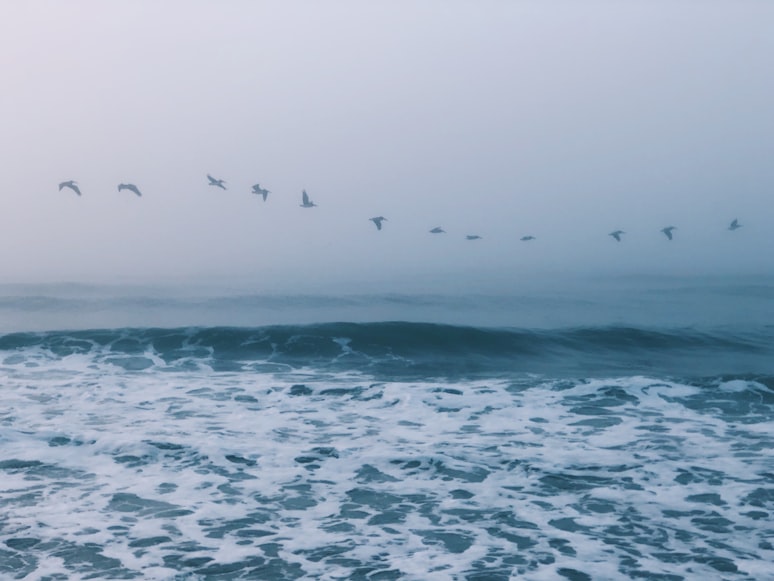A Golden Shovel after Mary Oliver
I wanted to be the kind of someone
who could always fix things. I
clung to my competency like hull-side barnacles. To be loved,
you must be good enough and I was, once.
Back when the sight of the sea still gave
me chills. Now, I don’t know what will become of me.
I am a storm-sunk schooner, rigging unravelling. I am a
boatyard ransacked by vandals, and I can’t find the box
where I stored my secrets. I am so full
of nothings; regretful ghostly half-recollections. Fearful of
everything I can no longer do. Forgetting is a kind of darkness,
a mist that thickens slowly, by degrees. It
is so much harder to navigate, when the stars are extinguished. It took
so long to realise what was happening to me;
on the journeys between the kettle and the sofa, years
passed. Now, I am left alone to
make catalogues of the missing parts. Understand
this: there is no way that
I can know what is absent. The blank space is this
unmarked page in my logbook. A fog too
heavy to ever lift again. If I was
still a sailing man, then maybe I could endure this forecast as a
storm passing. But today, it feels more like penance than a gift.
---
Leanne Moden is a poet, performer and educator, based in Nottingham in the UK. She’s performed at events across the UK and Europe – everywhere from canal boats and festival tents to the Royal Albert Hall in London! Leanne’s latest collection of poetry, 'Get Over Yourself', was published in July 2020 by Burning Eye Books. Leanne loves Jaffa Cakes, trips to the seaside, and hanging out with her cat, Brambles.

Really emotive poem. I love the line 'there is no way that
ReplyDeleteI can know what is absent.' One of likes ponderable imponderables.